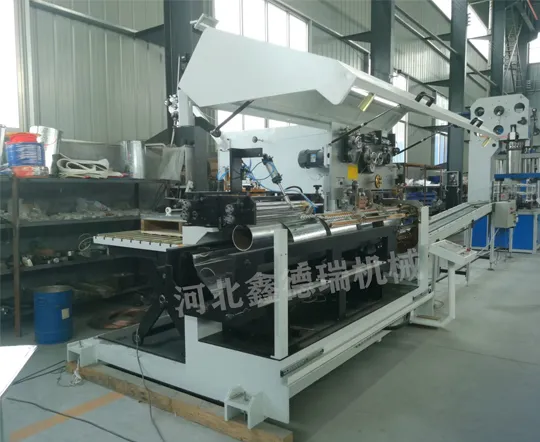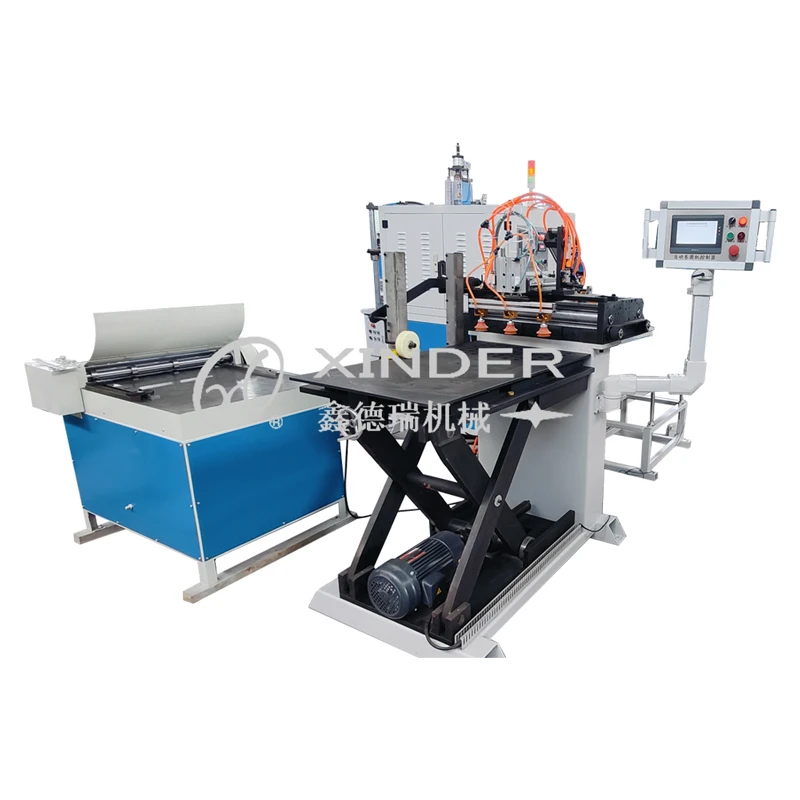-
 8613931787312
8613931787312 -
 Botou Industrial Zone on the east side of National Highway 104, Botou City, Hebei Province
Botou Industrial Zone on the east side of National Highway 104, Botou City, Hebei Province
- Afrikaans
- Albanian
- Amharic
- Arabic
- Armenian
- Azerbaijani
- Basque
- Belarusian
- Bengali
- Bosnian
- Bulgarian
- Catalan
- Cebuano
- Corsican
- Croatian
- Czech
- Danish
- Dutch
- English
- Esperanto
- Estonian
- Finnish
- French
- Frisian
- Galician
- Georgian
- German
- Greek
- Gujarati
- haitian_creole
- hausa
- hawaiian
- Hebrew
- Hindi
- Miao
- Hungarian
- Icelandic
- igbo
- Indonesian
- irish
- Italian
- Japanese
- Javanese
- Kannada
- kazakh
- Khmer
- Rwandese
- Korean
- Kurdish
- Kyrgyz
- Lao
- Latin
- Latvian
- Lithuanian
- Luxembourgish
- Macedonian
- Malgashi
- Malay
- Malayalam
- Maltese
- Maori
- Marathi
- Mongolian
- Myanmar
- Nepali
- Norwegian
- Norwegian
- Occitan
- Pashto
- Persian
- Polish
- Portuguese
- Punjabi
- Romanian
- Russian
- Samoan
- scottish-gaelic
- Serbian
- Sesotho
- Shona
- Sindhi
- Sinhala
- Slovak
- Slovenian
- Somali
- Spanish
- Sundanese
- Swahili
- Swedish
- Tagalog
- Tajik
- Tamil
- Tatar
- Telugu
- Thai
- Turkish
- Turkmen
- Ukrainian
- Urdu
- Uighur
- Uzbek
- Vietnamese
- Welsh
- Bantu
- Yiddish
- Yoruba
- Zulu
auto pipe welding machine
The Advancements and Advantages of Auto Pipe Welding Machines
In recent years, the pipe welding industry has witnessed significant advancements due to the introduction of automated welding machines. Among these innovations, auto pipe welding machines have emerged as game-changers, enhancing the efficiency, precision, and safety of welding processes across various sectors, including construction, manufacturing, and energy.
At its core, an auto pipe welding machine is engineered to automate the intricate welding process of pipes, ensuring consistent results and freeing skilled welders from the repetitive tasks associated with manual welding. Traditionally, pipe welding has been a labor-intensive operation, requiring extensive training and expertise to achieve high-quality welds. With the integration of automation technology, the industry is experiencing a transformation that promises to elevate productivity and reduce costs.
One of the primary advantages of auto pipe welding machines is their precision. These machines are designed with advanced features such as programmable parameters and real-time monitoring systems, which ensure that each weld meets stringent quality standards. This level of automation minimizes human error, a common problem in manual welding, where factors such as inconsistent technique and fatigue can compromise the integrity of the weld. By maintaining uniformity, auto pipe welding machines not only enhance the quality of the welds but also contribute to the overall durability of the pipes being used.
Another significant benefit of these machines is their efficiency. Auto pipe welding machines can operate at a much faster pace compared to manual welding. They can complete multiple welds in the time it would take a skilled welder to perform a single weld, thus significantly shortening project timelines. This increased speed is especially valuable in industries where time is critical, such as oil and gas, shipbuilding, and construction, where delays can lead to substantial financial losses.
auto pipe welding machine

Furthermore, the use of auto pipe welding machines promotes a safer working environment. Welding is inherently a hazardous activity, involving exposure to intense heat, harmful fumes, and the risk of accidents. By automating the welding process, workers are kept at a safer distance from the heat and potential hazards associated with traditional welding. This change reduces the likelihood of workplace injuries and improves overall safety compliance within the industry.
Moreover, auto pipe welding machines are highly versatile and can be adjusted to accommodate various types of pipes and welding methods. From small diameter pipes to large-scale industrial applications, these machines can handle a wide range of materials and thicknesses, making them suitable for diverse projects. The adaptability of these machines to different welding techniques, such as TIG, MIG, and stick welding, allows companies to select the most appropriate method for their specific applications.
Additionally, the integration of robotics and artificial intelligence in auto pipe welding machines is paving the way for future innovations. With continued advancements in technology, these machines are becoming increasingly sophisticated. Features such as vision systems allow for enhanced monitoring and automated adjustments during the welding process, further improving the quality and consistency of welds.
In conclusion, auto pipe welding machines represent a significant leap forward in the field of welding technology. With their ability to provide superior precision, increased efficiency, enhanced safety, and adaptability, these machines are transforming the way industries approach pipe welding. As the demand for high-quality welding solutions continues to grow, embracing automated technologies will be key for companies looking to remain competitive in an ever-evolving market. The future of welding is undoubtedly automated, and auto pipe welding machines are at the forefront of this exciting evolution.
-
The Role of Steel Pipe Manufacturing Machines in Modern IndustriesNewsApr.18,2025
-
The Role of Hydraulic Seal Making Machines in Modern ManufacturingNewsApr.18,2025
-
The Importance of Pipe Cutting Machines in Modern ManufacturingNewsApr.18,2025
-
The Future of Barrel Production: Exploring Barrel Making MachinesNewsApr.18,2025
-
The Essential Guide to Hydraulic Bending Machines for Various ApplicationsNewsApr.18,2025
-
Choosing the Right Resistance Welder for Your Business NeedsNewsApr.18,2025
-
Understanding the Barrel Production Line: Key Machines and CostsNewsApr.17,2025
-
 Fully Automatic Kaiping Production LineOct . 17, 2024
Fully Automatic Kaiping Production LineOct . 17, 2024 -
 Fully Automatic Metal Bucket Lifting HeadphonesSep . 14, 2024
Fully Automatic Metal Bucket Lifting HeadphonesSep . 14, 2024 -
 Automatic Rolling MachineSep . 14, 2024
Automatic Rolling MachineSep . 14, 2024

